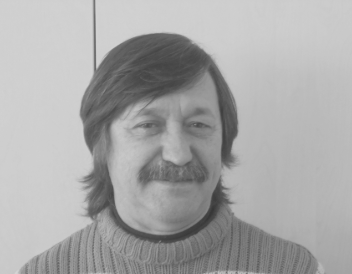Albert Bensaid holds a PhD in Immunology from the University of Aix-Marseille (France) with more than 36 years of scientific career. He worked for 18 years as a researcher at CIRAD (Center for International Cooperation in Agricultural Research for Development, France) doing an 8-year stay as a "visiting scientist" at ILRI (International Institute for Livestock Research, Kenya), a center that belongs to the CGIAR (Consultative Group for International Agricultural Research). He collaborated with American, European, and African research groups that elucidated immune mechanisms in ruminants against tick-borne parasitic and bacterial infections, contributing to the development of new vaccines. In 2002 he joined the CReSA where, through the implementation of new technologies, he sequenced with his research team the genome of Haemophilus parasuis, a pathogen of the porcine airways. These studies characterized virulence factors that served as the basis for the diagnosis of H. parasuis virulent strains and the development of Glässer disease vaccines. Currently, Albert Bensaid, in addition to contributing to studies on virus transmitted by mosquitoes, participates in various European projects related to exotic infectious diseases with special emphasis on the development of vaccines in camelids and innate immunity studies against coronavirus responsible for respiratory syndrome Middle East (MERS).

